There is no doubt being healthy pays. The Jakarta Post are reporting statistics from the Global Wellness Institute, which suggest global wellness tourism grew at an annual rate of nearly 7 percent from 2015 to 2017, more than twice as fast as tourism overall, and the forecast is that the business will grow from USD 639 billion in 2017 to a staggering USD 919 billion by 2022.
 Bali's natural beauty is the best medicine to rejuvenate and get healthy. Image by Jimmy McIntyre on Flickr.
Bali's natural beauty is the best medicine to rejuvenate and get healthy. Image by Jimmy McIntyre on Flickr.
Medical Tourism vs. Wellness Tourism
Interestingly, there is a distinction between medical tourism and wellness tourism.
According to Dr.Prem Jagyasi, a leading authority on the subject, Medical Tourism consists of people traveling to another country for treatment for any ailment or for undergoing some form of cosmetic procedure. These people are looking for high quality care at affordable prices, which may not be available in their home country.
Wellness Tourism, on the other hand, involves people traveling to proactively pursue mental as well as physical activities, which assist in prevention, maintaining and enhancing wellbeing and personal health. These people are looking for authentic and location-centric therapies or experiences that are not accessible in their home country.
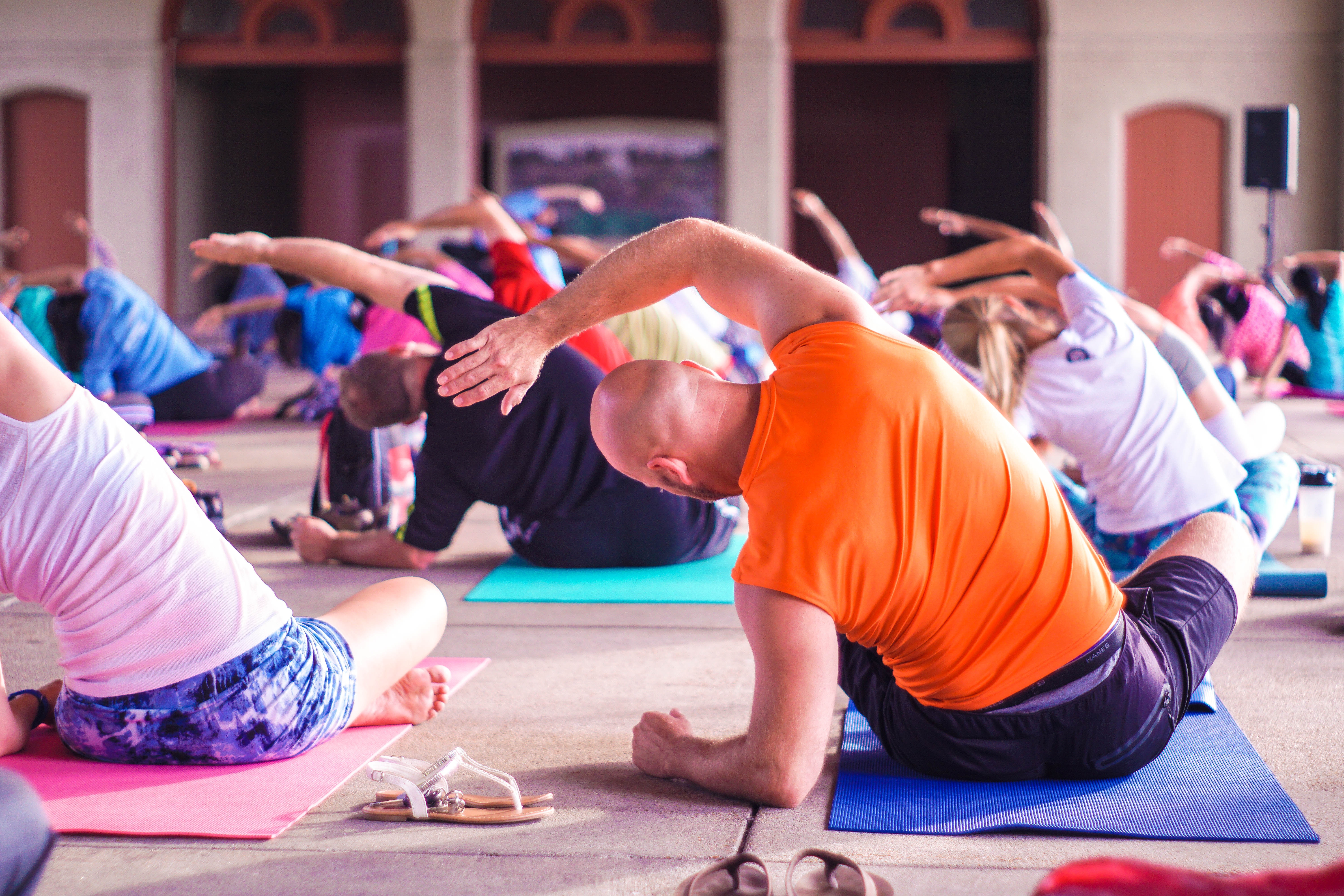 Wellness Tourism involves people traveling to proactively pursue mental as well as physical activities. Image by Anupam Mahapatra on Unsplash.
Wellness Tourism involves people traveling to proactively pursue mental as well as physical activities. Image by Anupam Mahapatra on Unsplash.
Bali's Traditional Wellness Centres
This distinction is important to remember when looking at investing in wellness in Bali, as one of the most prolific segments of the island's health related businesses are traditional wellness centres and the spa industry.
According to The Jakarta Post, head of the Bali Health Agency, Ketut Suarjaya claims there are over 3,000 traditional wellness centers and spas in Bali, but only around 10 percent of these complied with the Agency’s standards.
Wellness and Experiential Travel Trend
Ian Youngman, healthcare and insurance industry analyst writing for the International Medical Travel Journal (IMTJ), suggests, "wellness tourism is taking off and with incredible growth that is over shadowing medical tourism. A rising global middle class, increasing consumer desire to adopt a wellness lifestyle, and a growing interest in experiential travel has stimulated the rapid growth of wellness tourism around the world."
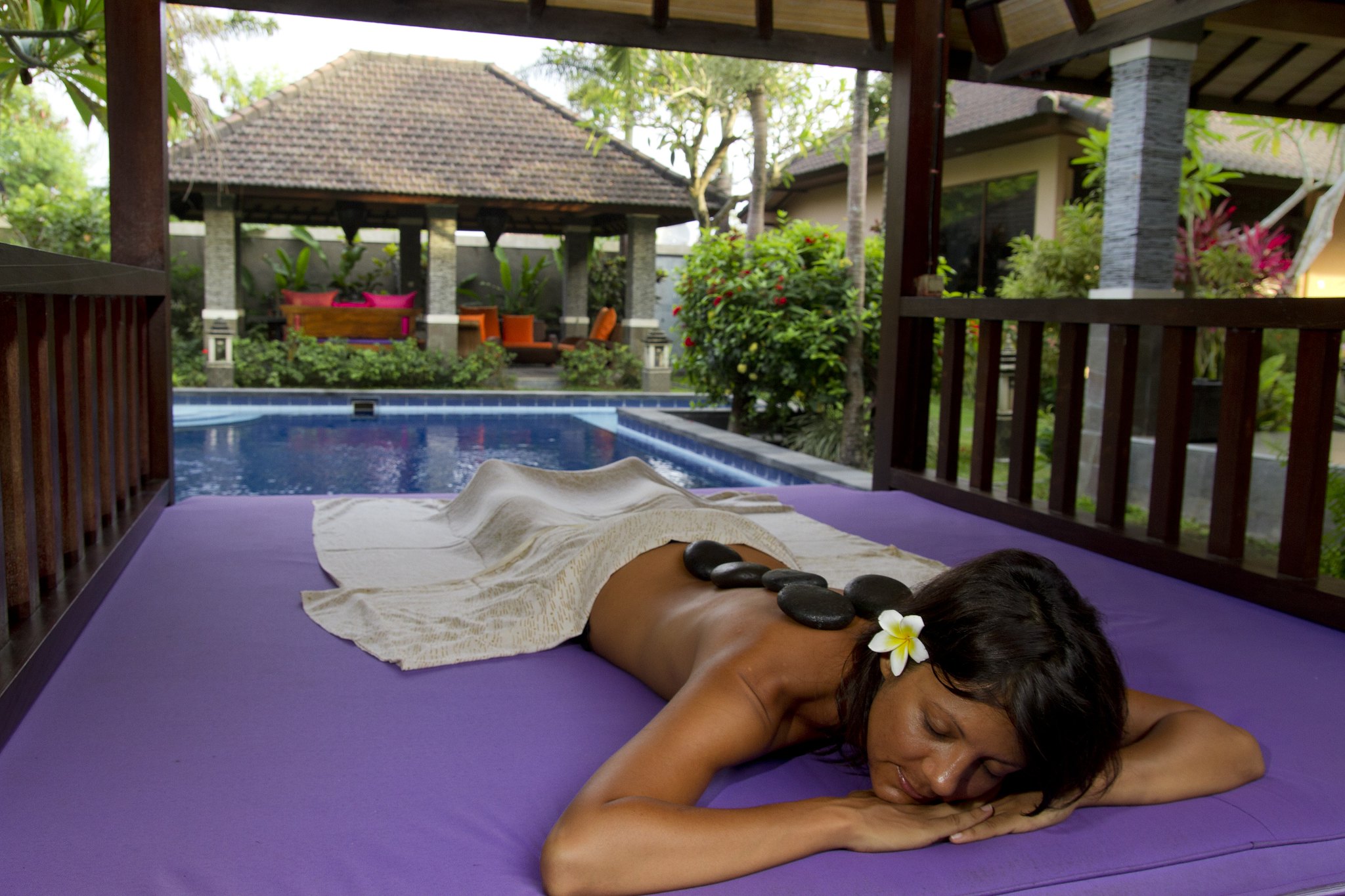 Bliss Sanctuary for Women. Image by Roger Eime on Flickr.
Bliss Sanctuary for Women. Image by Roger Eime on Flickr.
Integration and Regulation
In a recent article on Bali’s plans to develop health and wellness tourism, Medcom reported Managing Director of Bali Mandara Hospital Dr. Gede Bagus Darmayasa, M. Repro as explaining how health related businesses in Bali had not been integrated before and now was the time to do so.
Dr. Bagus believes regulation is needed to create an effective network with clear and consistent standards, which is especially important considering the many legal implications for health related services. "To integrate all of these health services, we are indeed making local regulations, for example for spas, which are scattered and not integrated but they already have business licenses," said Dr. Bagus.
Savvy Investors Could Create a Lucrative Niche
Terje Nilsen from Harcourts Seven Stones, sees this trend towards health and wellness as something savvy investors and developers should be taking seriously. "There are some spectacular locations to build health and wellness facilities in Bali as well as on the islands to the east, and considering there's such a strong global demand, Bali could well create a very sophisticated and lucrative niche in the region."
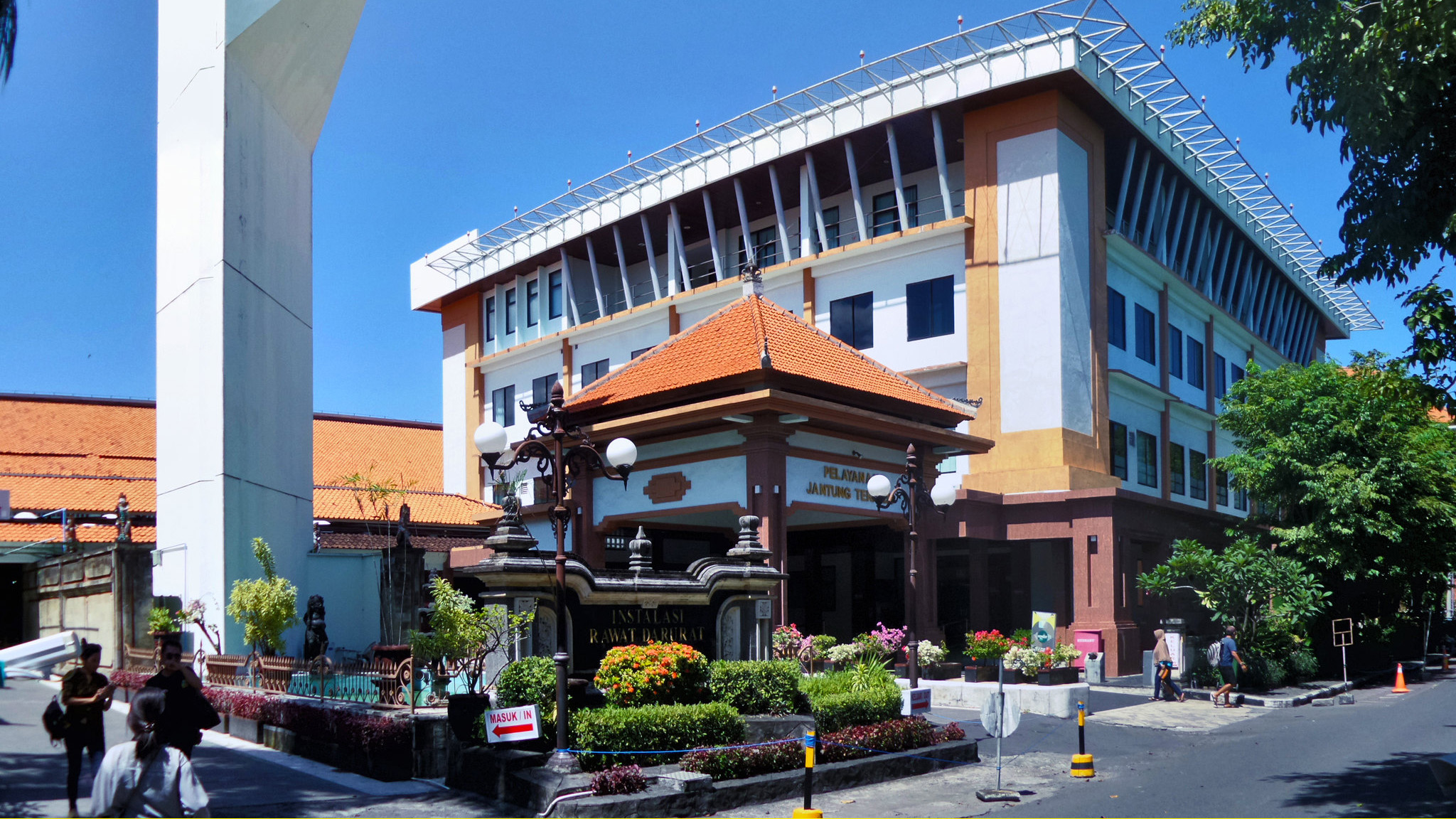 Sanglah General Hospital in Denpasar. Image by ya Saya inBali timur on Flickr.
Sanglah General Hospital in Denpasar. Image by ya Saya inBali timur on Flickr.
Medical Facilities
There are also three hospitals in Bali being prepared for medical tourism: the newly opened Bali Mandara Hospital in Sanur, which will be Bali's leading cancer treatment centre starting in 2020; Sanglah General Hospital in Denpasar, which specializes in treating heart-related diseases; and the Sanjiwani General Hospital in Gianyar, which focuses on handling nervous system illnesses.
In a 2018 article on Bali's plans to develop the medical tourism industry, Gapura Bali cited Medical Departures, one of the world's largest medical marketplaces, as saying Bali Mandara Hospital had "received AUD 19 million from the provincial annual budget for its construction, with another AUD 19 million invested in its facilities.
 The Bali Mandara Hospital will become Bali's largest cancer treatment facility. Image by Pixabay on Pexels.
The Bali Mandara Hospital will become Bali's largest cancer treatment facility. Image by Pixabay on Pexels.
The hospital is also receiving Australian support from Royal Darwin Hospital, which is offering consultancy services to help reach international standards." According to Kompas, Dr. Bagus said there would be two sets of cancer treatment facilities, which would be the most sophisticated in Bali and supported by the latest radiotherapy and chemotherapy tools.
Opportunities for Senior Home Care
In a related article published by Tempo, Health Minister, Nila Moeloek suggested Bali would be an ideal destination to develop senior home care facilities, which would have to include health services.
Sources: The Jakarta Post, iNews, Suara, Tempo, Kompas, Gapura Bali, Medcom, Medical Departures, Media Indonesia, International Medical Travel Journal, Dr.Prem Jagyasi, Terje Nilsen, Harcourts Seven Stones, Global Wellness Institute
Similar to this:
Indonesia's medical tourism set to improve healthcare for locals and attract visitors
Bali needs holistic approaches to continue positive economic growth
Medical tourism and luxury healthcare set to take off in Bali


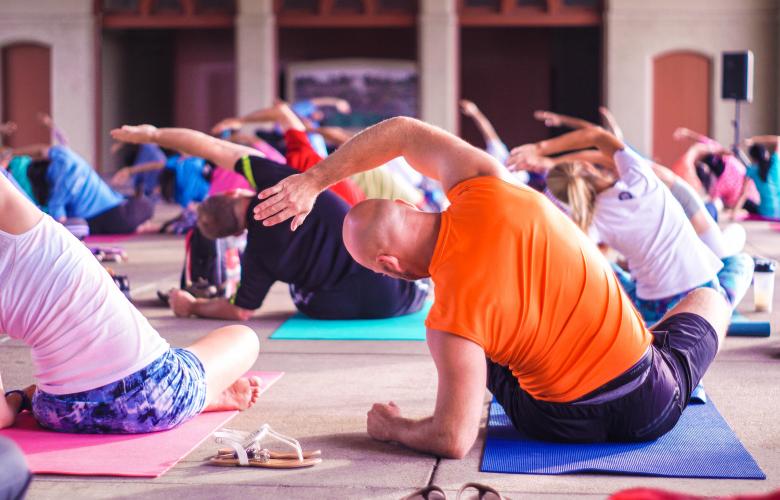
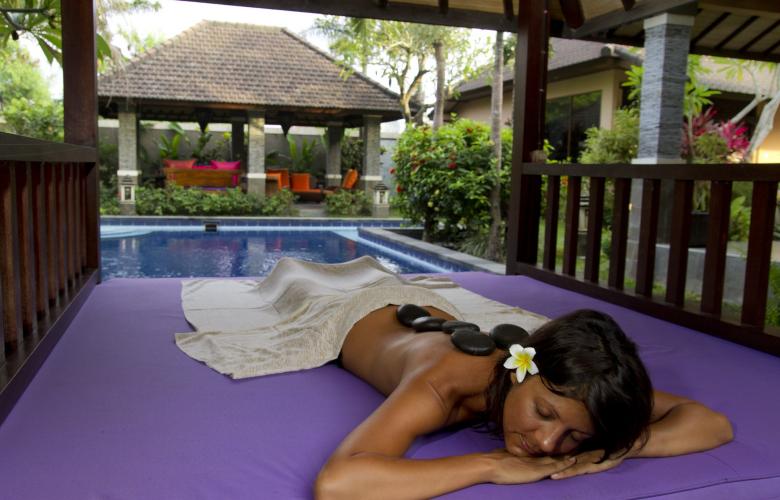
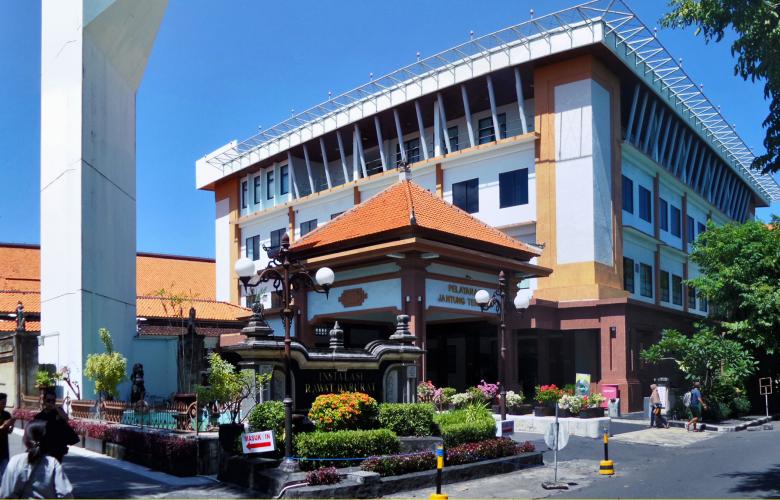
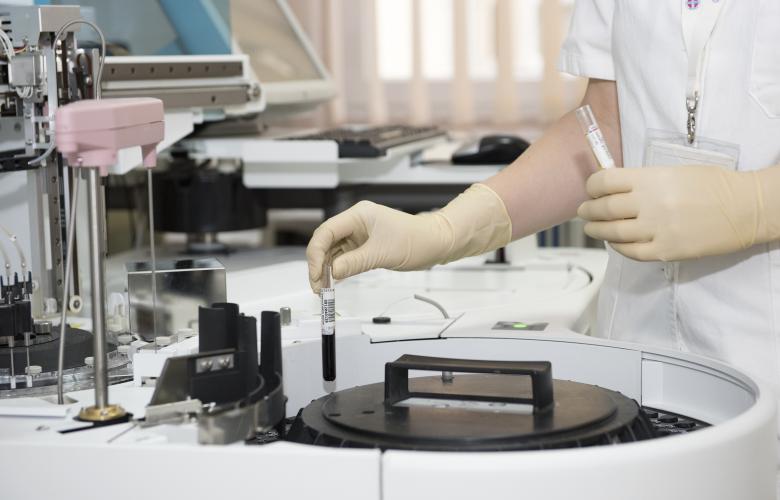
 Bali's natural beauty is the best medicine to rejuvenate and get healthy. Image by Jimmy McIntyre on Flickr.
Bali's natural beauty is the best medicine to rejuvenate and get healthy. Image by Jimmy McIntyre on Flickr. Wellness Tourism involves people traveling to proactively pursue mental as well as physical activities. Image by Anupam Mahapatra on Unsplash.
Wellness Tourism involves people traveling to proactively pursue mental as well as physical activities. Image by Anupam Mahapatra on Unsplash. Bliss Sanctuary for Women. Image by Roger Eime on Flickr.
Bliss Sanctuary for Women. Image by Roger Eime on Flickr. Sanglah General Hospital in Denpasar. Image by ya Saya inBali timur on Flickr.
Sanglah General Hospital in Denpasar. Image by ya Saya inBali timur on Flickr. The Bali Mandara Hospital will become Bali's largest cancer treatment facility. Image by Pixabay on Pexels.
The Bali Mandara Hospital will become Bali's largest cancer treatment facility. Image by Pixabay on Pexels.


